Are you captivated by medieval and Renaissance art? Here are the best museums to visit in Florence:
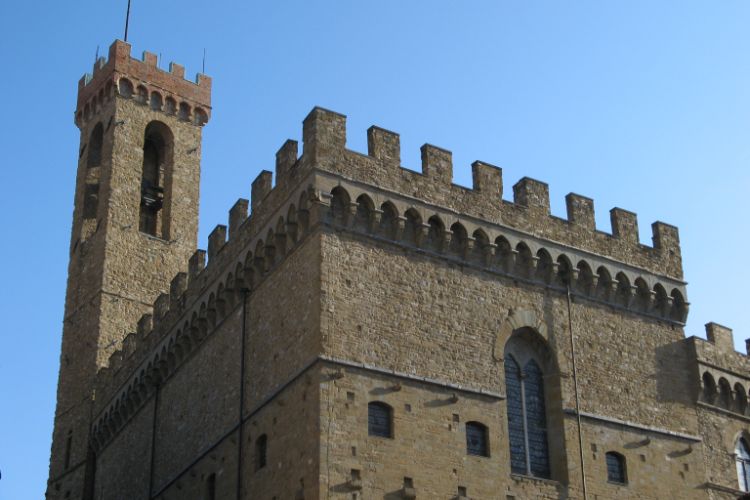
Museo Nazionale del Bargello
FlorenceMuseo Nazionale del Bargello is a museum in Florence that is housed in a 13th-century palace which is the oldest public building in Florence. It opened as a national museum in 1865 after it was used as barracks, a prison, and finally the residence of the Bargello, the head of the police. The art gal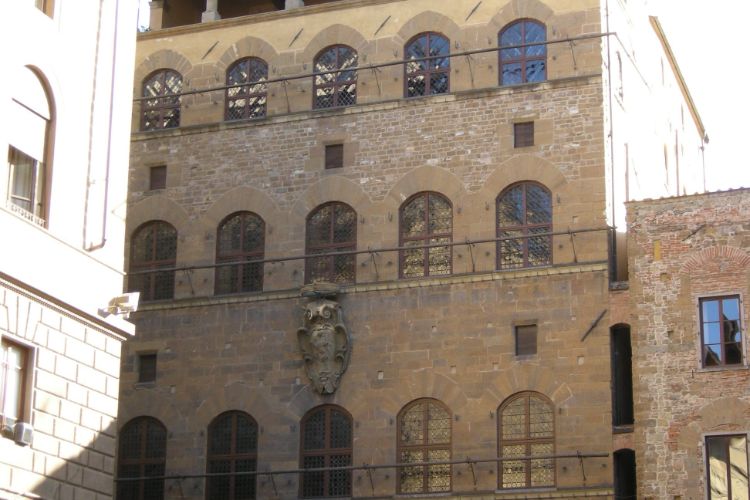
Museum of the Old Florentine House - Palazzo Davanzati
FlorenceBuilt in the 14th century by the wealthy Davizzi family, the Palazzo Davanzati is layered with history. The palace houses the Museum of the Old Florentine House and is the best-preserved medieval home in Florence and was furnished with art and furniture from that period. After restoration in 2012, i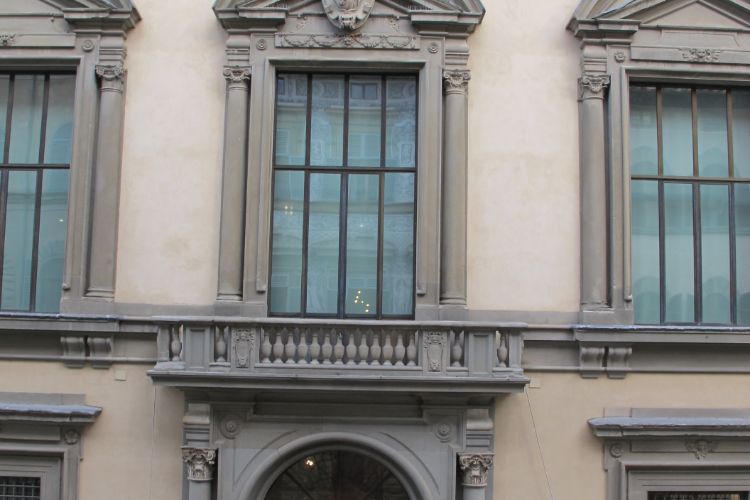
Museo Bardini
FlorenceThe Museo Bardini (Bardini Museum) is a musuem in FLorence that houses a collection of more than 3600 works, including paintings, sculptures, armor, musical instruments, ceramics, coins, medals and antique furniture. Two rooms on the ground floor are dedicated to Florence and its history, with some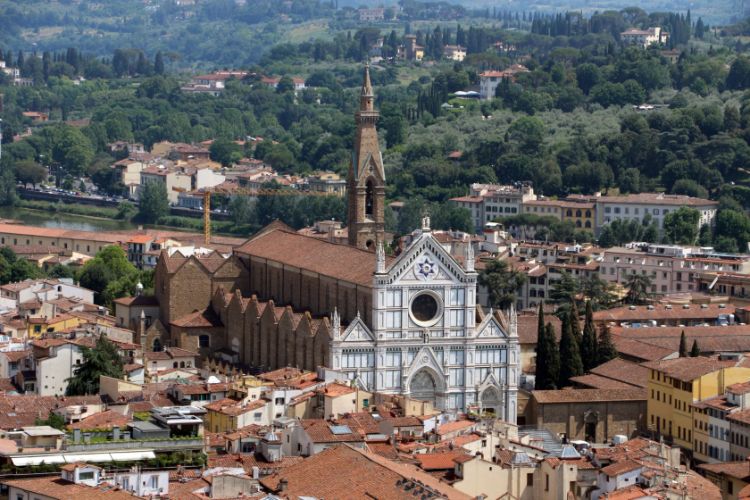
Museo dell'Opera di Santa Croce
FlorenceThe Basilica di Santa Croce is one of the most important churches of Florence and is considered one of the most beautiful Gothic basilicas of Italy. It is the largest Franciscan church in the world and because of all the burial monuments inside, the church functions as the pantheon of Florence. In t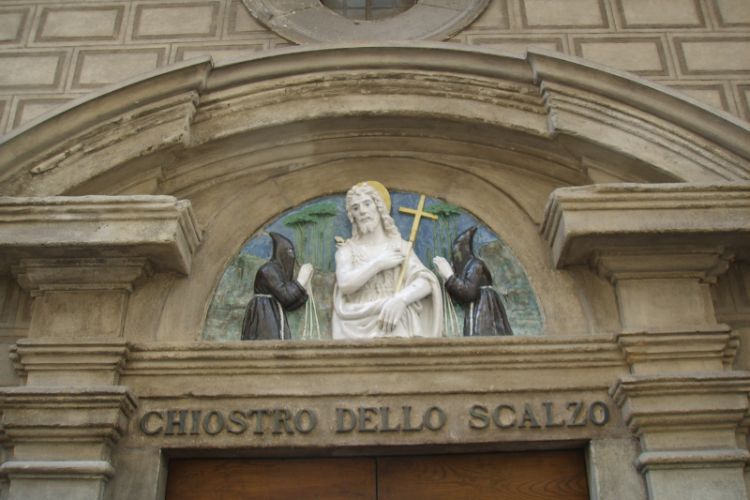
Chiostro dello Scalzo
FlorenceIf you want to see lesser known artworks of Florence, visit the Chiostro dello Scalzo and discover its hidden gems. This cloister served as the entrance to the chapel of the Confraternity of St. John the Baptist in the 14th century. Highlights are the beautiful frescoes depicting the life of St. Joh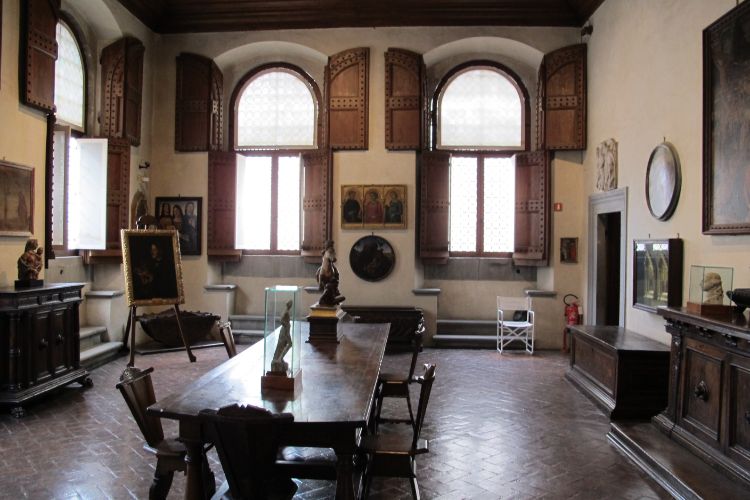
Museo Horne
FlorenceThe Museo Horne is a museum that is housed in the former Palazzo Corsi in Florence that holds a collection that mainly consists of art and furnishings of the 14th and 15th centuries. The collection includes ancient artifacts, sculptures, painted chests and a notable collection of manuscripts and pai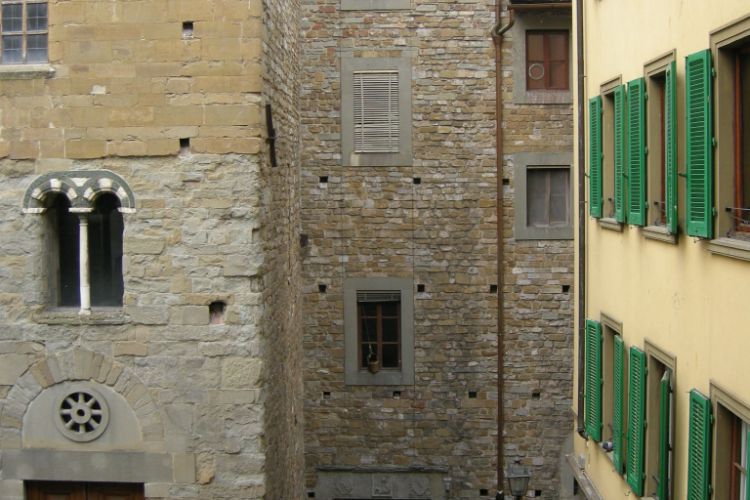
Santo Stefano al Ponte Museum
FlorenceThe Santo Stefano al Ponte is a Romanesque-style, Roman Catholic church in Florence. The church is used as a concert hall and features various artworks, while the Diocesan Museum of Sacred Art, housed in the rectory and adjacent spaces to the church of Santo Stefano al Ponte houses a collection of w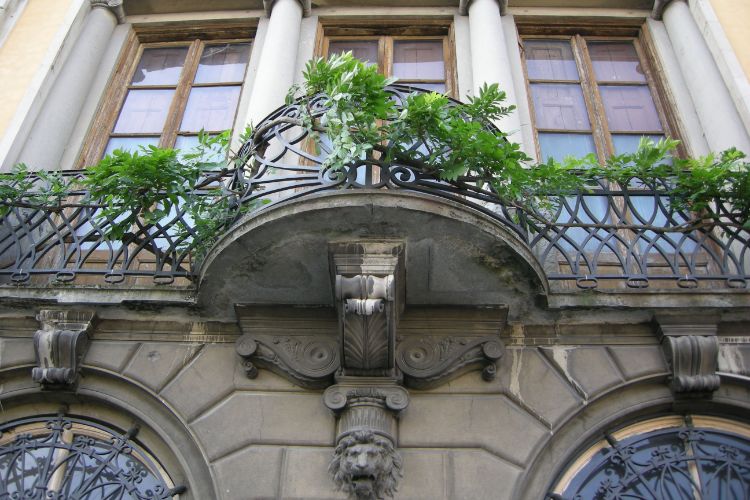
Museo Bellini
FlorenceThe Bellini Museum or Galleria Luigi Bellini (Museo Bellini) is a private museum in Florence. The museum holds a collection of a dynasty of antiquarians (since the 18th century), which contains objects such as tables painted with gold from the Middle Ages, small bronzes, wooden sculptures, majolica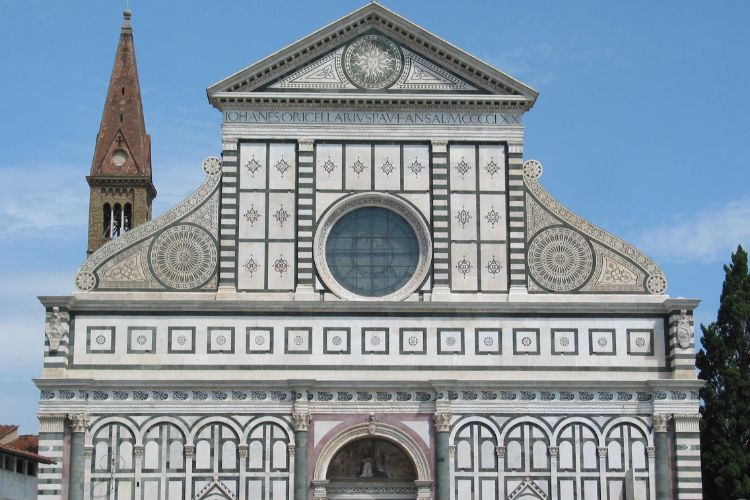
Museum of Florence Santa Maria Novella
FlorenceThe Basilica di Santa Maria Novella is a basilica in Florence of which the façade was built by Leon Battista Alberti in 1470. The church contains the fresco The Holy Trinity of Masaccio. Annexed to it are the buildings of the convent, with three monumental cloisters. The Green Cloister, the Spanish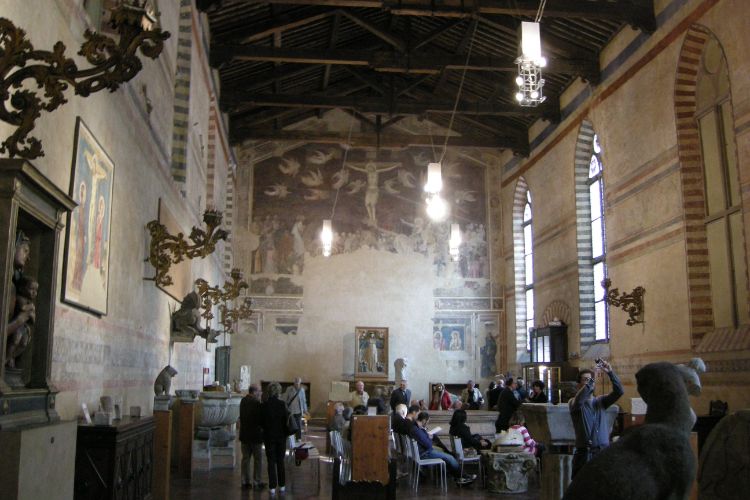
Salvatore Romano Foundation collection
FlorenceThe Salvatore Romano Foundation is located in the Cenacle of Santo Spirito at the Basilica of Santo Spirito in Florence. The large room features a collection of sculptures from the 11th to the 15th century that was donated to Florence by the antiquarian Salvatore Romano. The collection features two